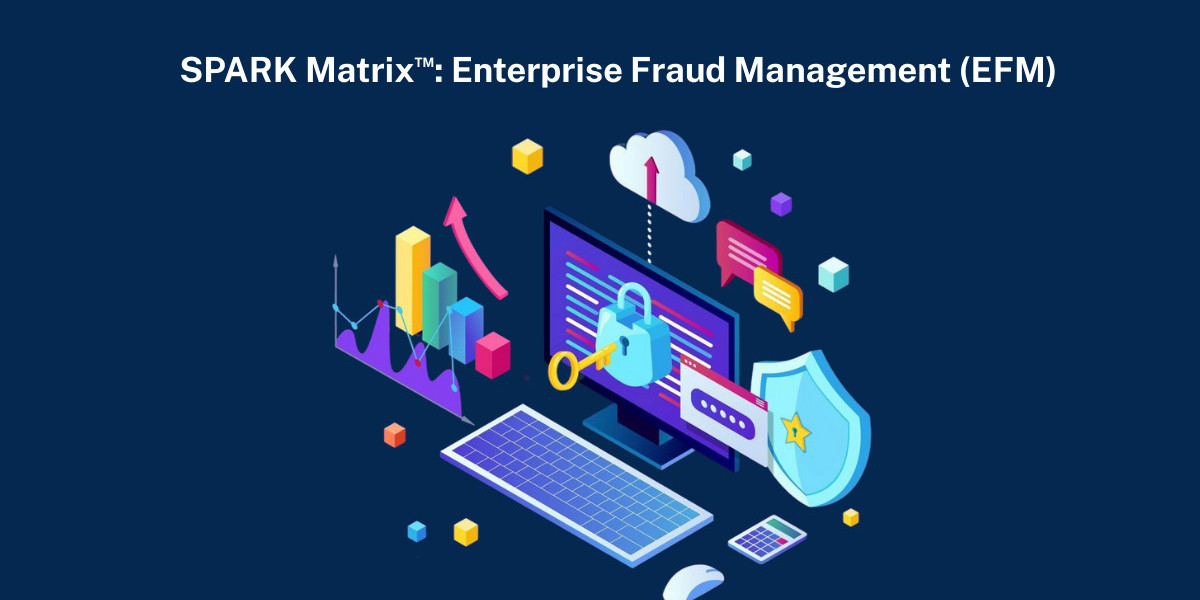Fast-paced digital economy, fraud has become one of the most critical challenges faced by enterprises across industries. With the rapid adoption of digital banking, online commerce, and connected technologies, organizations are exposed to increasingly sophisticated fraud schemes. Enterprise Fraud Management (EFM) has emerged as a comprehensive approach to detect, prevent, and mitigate fraudulent activities across multiple channels, ensuring business continuity and protecting both revenue and reputation.
What is Enterprise Fraud Management?
Enterprise Fraud Management refers to an integrated framework of tools, technologies, and processes designed to monitor transactions, user behaviors, and business activities in real-time. Unlike traditional fraud detection systems that work in silos, EFM platforms provide a unified, enterprise-wide view of potential fraud risks. These solutions combine data analytics, machine learning, and automation to identify anomalies, flag suspicious transactions, and stop fraudulent activities before they cause financial or reputational damage.
Key Features of Enterprise Fraud Management
Modern Enterprise Fraud Management systems are designed to tackle fraud with advanced capabilities, such as:
Real-time Monitoring: Continuous surveillance of transactions and activities across multiple channels.
Behavioral Analytics: Identifying unusual patterns by analyzing user and entity behavior.
Machine Learning Models: Leveraging AI to predict and prevent emerging fraud techniques.
Cross-channel Integration: Consolidating data from banking, payments, insurance, e-commerce, and other digital ecosystems.
Regulatory Compliance Support: Ensuring alignment with financial regulations and anti-fraud standards.
Why Enterprises Need Fraud Management
Fraud not only results in direct financial loss but also undermines customer trust and brand credibility. A data breach or financial fraud incident can significantly damage an organization’s reputation, leading to loss of customers and increased regulatory scrutiny. By investing in Enterprise Fraud Management solutions, businesses can:
Minimize financial losses.
Protect customer data and enhance trust.
Reduce operational inefficiencies.
Stay compliant with global regulatory standards.
The Future of Enterprise Fraud Management
As fraud tactics evolve, enterprises must stay ahead with innovative fraud prevention strategies. Future EFM platforms are expected to adopt more advanced AI-driven models, blockchain-based authentication, and enhanced cloud-native solutions. These innovations will empower organizations to create adaptive fraud prevention frameworks capable of addressing both current and emerging risks.
Conclusion
Enterprise Fraud Management has become a business imperative in the digital-first world. By adopting robust fraud management solutions, organizations can strengthen their defenses, protect their assets, and deliver a secure experience for their customers. Enterprises that proactively invest in fraud prevention will not only mitigate risks but also gain a competitive edge by building stronger, more trustworthy relationships with their stakeholder.







